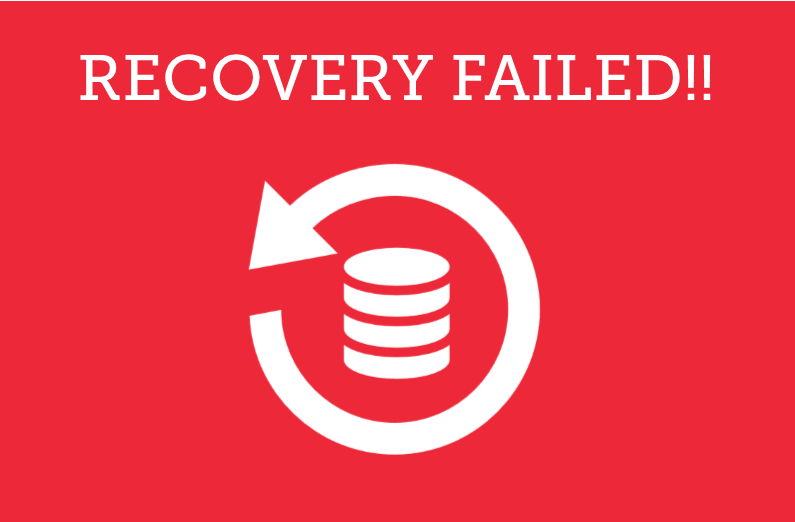Latest from our business, security
and technology blog
Search the blog:
Merry Christmas from Grant McGregor
With 2017 drawing to an end and the festive season upon us, the whole Grant McGregor team took some time out of work hours to celebrate and enjoy a Christmas lunch together.
Embracing Disruptive Technology
Disruptive technology was popularised in 1997 by author Clayton Christensen in his book “The Innovator’s Dilemma’. It refers to technology which significantly alters the way in which a business operates.
Protect your Business, your Clients and your Supply Chain with the UK Government's Cyber Essentials Security Standard
Strategies for Surviving a Cyber Attack
Another month, another high-profile attack… or so it seems at the moment. The latest in the long line was US data firm Equifax – with a breach that affected more than 143 million American consumers. Even if you aren’t holding that much customer data, how do you recover from a breach like that?
Trick or Treat? What sort of service do you get from your IT provider?
Last month we talked about our Customer Satisfaction (CSAT) feedback results – why we have it, what results we’ve been getting and what we can take from it.
The Beginner's Guide to Cloud Security
As increasing numbers of businesses shift their workloads to the cloud, the security threat we face is changing. Where our data goes, the hackers follow – and now cloud attacks are on the rise.
Protect Your Business from Insider Attacks
When we discuss cyber-attacks it often refers to those that come from the outside – the ones that are typically high profiles cases, such as malware, hacking, DDOS and ransomware.
Customer Satisfaction (CSAT) Results to date – how do you rate us?
At Grant McGregor, we have some important company values to ensure a great company culture for our people and so that they deliver a superb level of service to our customers.



.png)









